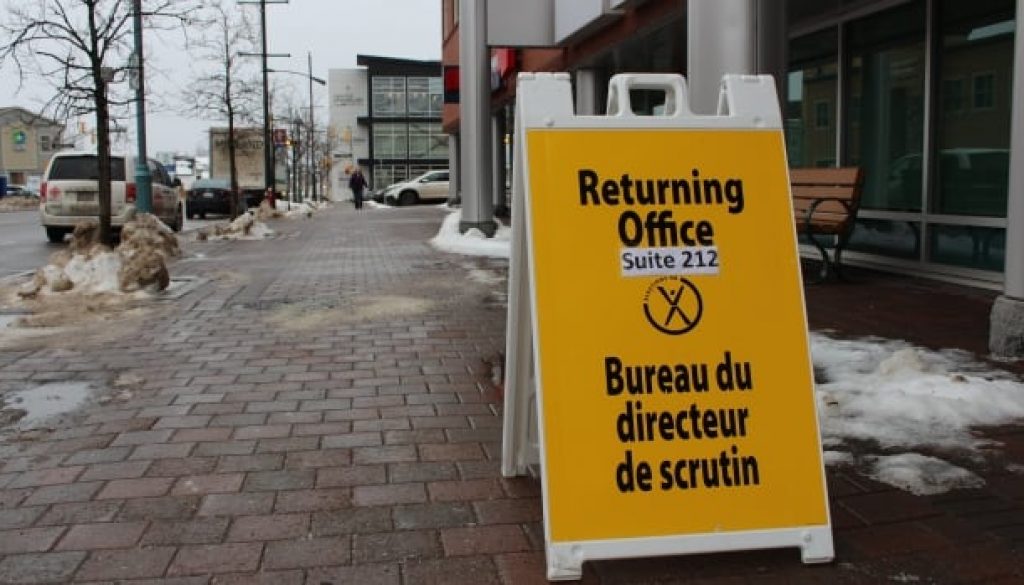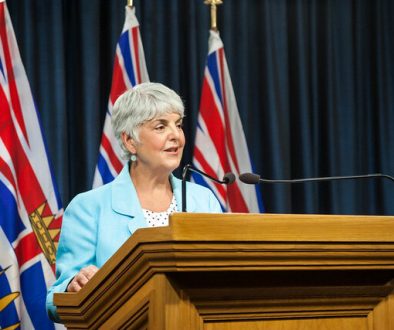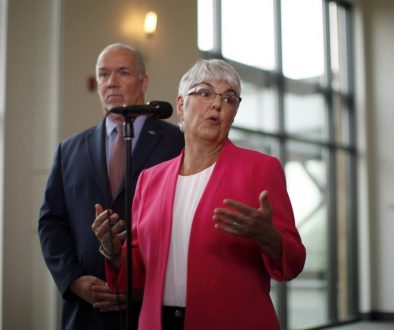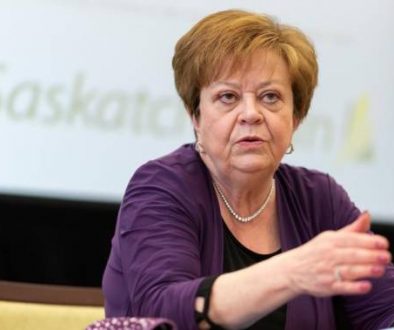New Brunswick far behind other provinces on municipal election finance rules: expert | CBC News
When it comes to municipal campaign finance, New Brunswick is the least regulated Canadian province, according to an expert on local governance.
And Zack Taylor says that lack of transparency can undermine municipal elections.
“Money shouldn’t buy elections,” Taylor, the director of the Centre of Urban Policy and Local Governance at the University of Western Ontario, told Shift New Brunswick.
Candidates in New Brunswick municipal elections do not have to disclose campaign contributions, spending limits or who funded them — an odd reality considering rules in place at the provincial and federal levels.
“We would be very uncomfortable as a public in having no disclosure regulation at the federal level, but somehow we think it’s OK at the municipal level,” Taylor said.
Regulations vary from province to province, he said, with rather lax policies on the East Coast and strict frameworks in central Canada. Quebec has been the leader on this front, ushering in regulations in the 1970s, while Ontario strengthened its rules in 2016.
Taylor said most provinces with laws on the books have some kind of cap on donations and, in some jurisdictions, a cap on spending.
Some provinces ban corporate and union donations and regulate how much a candidate can donate to their campaign. Most frameworks include rules for disclosure.
“Disclosure is really important,” Taylor said. “Disclosing who your donors are and how much they donated is a really important kind of public service that enables the public and watchdogs to keep an eye on the process.”
He said regulations help level the playing field and prevent deep-pocketed donors or wealthy candidates from using their financial might to muscle their way into power.
Taylor said reform typically follows one of two occurrences: change to provincial rules or scandal.
“In B.C., there were scandals and that spurred a bit of a cleanup,” he said. “In Ontario, there were a lot of concerns over property developers and so on donating to campaigns in ways that gave them outsized influence. That led to a tightening up there.”
New Brunswick’s quadrennial municipal elections will take place in communities across the province on May 11.
Prior to the 2018 provincial election, the previous Liberal government had said it would introduce new rules, but the Progressive Conservative government that took power in the fall of 2018 has not implemented the regulations necessary for the spring vote.
That leaves it to individual candidates to decide whether to disclose information.
In Moncton, the first two candidates to declare in the province’s largest city who is funding their campaign.
The New Brunswick Department of Environment and Local Government did not respond to a request for comment on Wednesday.
This content was originally published here.




